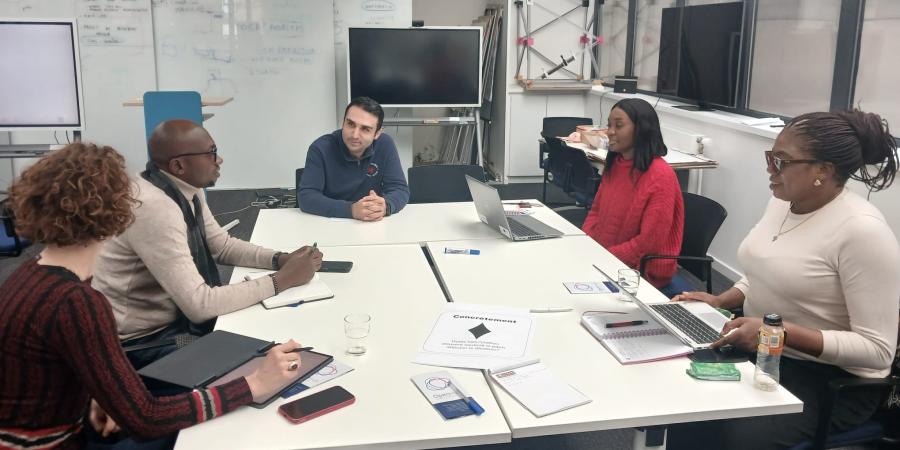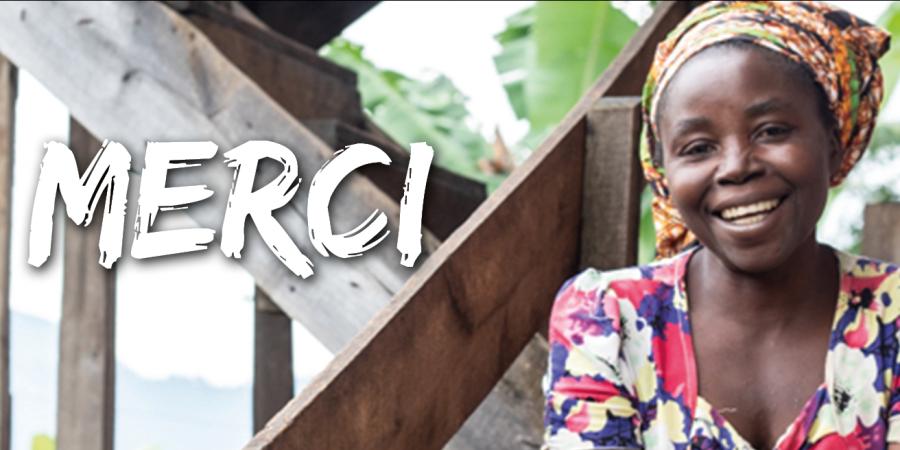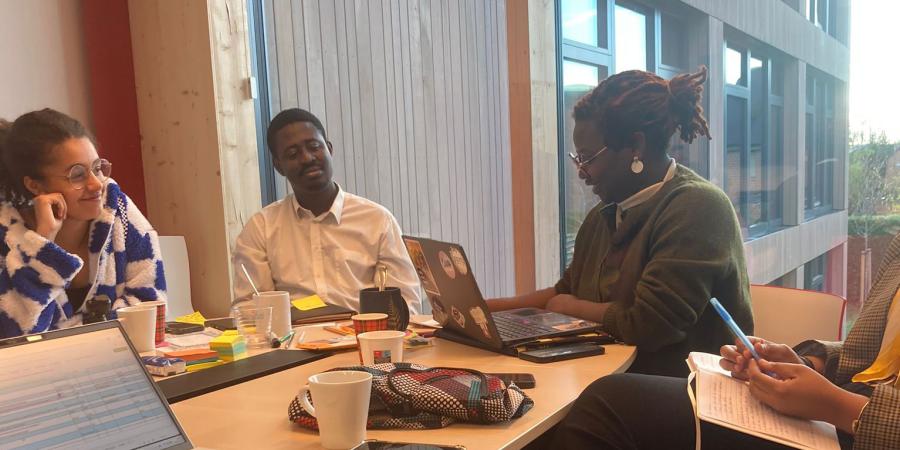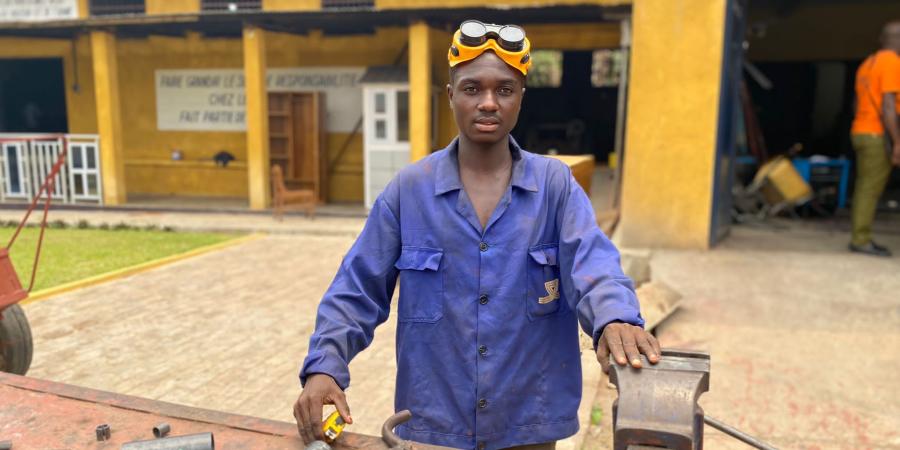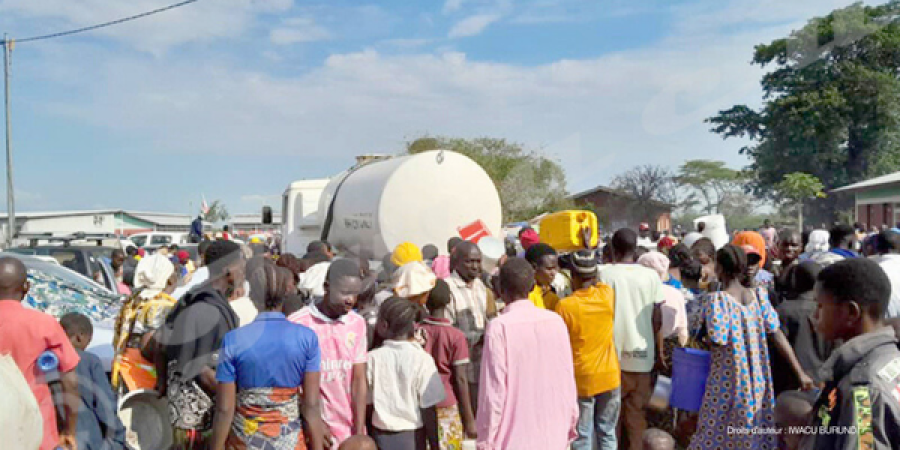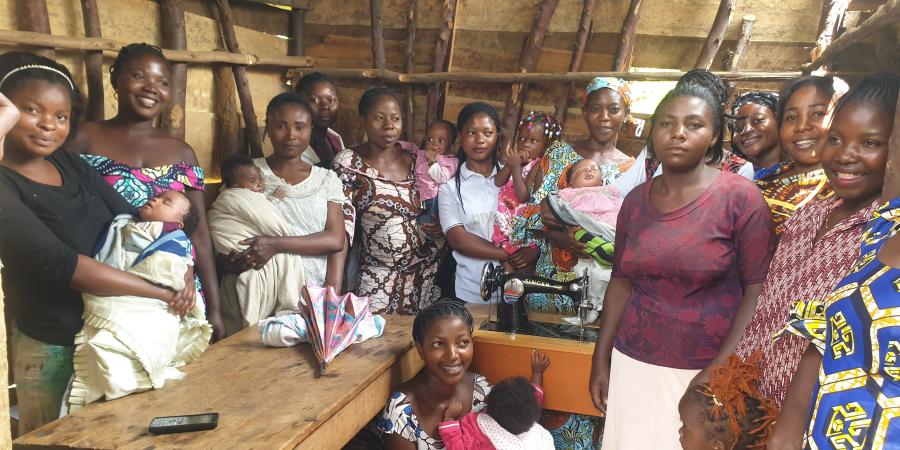The economic stakes of the conflict in South Kivu: a war over resources

The economic stakes of the conflict in South Kivu: a war over resources
For several months, the east of the Democratic Republic of Congo (DRC) has been plagued by intensified fighting, particularly with the advance of the M23, a rebel group accused of being supported by Rwanda. The confrontations have caused massive population displacements and accentuated the chronic instability of the region. But beyond the ethnic and geopolitical tensions, the economic issues play a central role in this conflict.
In the east of the DRC, the exploitation of mineral resources, in particular, is arousing envy and feeding a system where armed groups, multinationals and traffickers intermingle. Recently, the M23 has seized several key points in South Kivu, such as the important mining town of Nyabibwe and Bukavu, the latter being the capital of South Kivu. In this article, we will address the economic issues that are partly causing the conflict.
A province rich in strategic resources
South Kivu is rich in precious minerals, including gold, cassiterite (tin ore), coltan (essential for the electronics industry), and wolframite (used in aeronautics). These resources, which are crucial for the global economy, are mined using artisanal or industrial methods, often illegally, encouraging trafficking and corruption.
The mined ores are transported to neighboring countries such as Rwanda, Uganda and Burundi before being exported to international markets. This informal trade deprives the Congolese state of considerable income and feeds an opaque network of financing for armed groups.
Armed groups and economic control
The conflict in South Kivu is largely fueled by rivalries between armed groups seeking to control the mining areas. Among them are local and foreign factions, notably the Democratic Forces for the Liberation of Rwanda (FDLR), Congolese Mai-Mai groups, M23 and Rwandan, Ugandan and Burundian militias.
Role of foreign players and cross-border trafficking
The illegal trade in minerals from South Kivu involves regional and international players. Foreign companies, in search of rare metals, often turn a blind eye to the origin of these resources. Rwanda and Uganda, in particular, are accused of encouraging the plundering of Congolese resources by facilitating the transit and marketing of minerals from areas under the control of armed groups. According to a UN report, in 2024 the rebels exported no less than 150 tons of coltan, an important material for the design of electronic devices, to Rwanda.
In 2020, another UN report denounced the role of certain economic and political networks in the illegal exploitation of Congolese minerals, highlighting the responsibility of international firms that continue to buy minerals without verifying their origin.
Economic and social consequences
The plundering of natural resources has disastrous consequences for the local population. Artisanal mining often takes place in inhumane conditions, involving forced labor, child labor and constant danger for the workers.
At the same time, the local economy suffers from this instability. Agriculture, which is a major source of livelihood for many inhabitants, is disrupted by the conflicts. Insecurity prevents farmers from accessing their land, leading to chronic food insecurity.
Towards stricter regulation?
Several initiatives have been put in place to regulate the trade in minerals from South Kivu, such as the certification of “conflict-free” minerals imposed by US legislation (Dodd-Frank Act) and the traceability system of the International Conference on the Great Lakes Region (ICGLR). However, the effectiveness of these measures remains limited due to corruption, porous borders and a lack of political will at various levels.
What should you remember?
The conflict in South Kivu is largely fueled by the economic stakes linked to the exploitation of mineral resources, which finance armed groups and fuel corruption. As long as these minerals continue to be a source of funding for armed groups and no effective framework is put in place to ensure transparent and legal exploitation, the region will remain in the grip of chronic instability. Better international regulation, coupled with stronger local governance, could be a first step towards breaking this cycle of violence. Corruption therefore renders local initiatives ineffective and leads many to question the political will for the future of the country.

